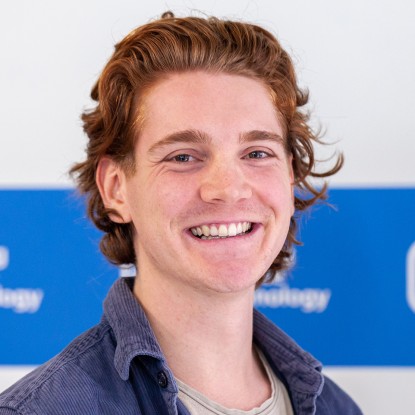Entwicklung von FFF gedruckten Scaffolds für die regenerative Medizin
Development of FFF printed scaffolds for regenerative medicine
Masterthesis
With FullControl G-code, the FFF printing process can be fully customized. All relevant parameters such as travel distance, extrusion factor and printing speed can be precisely controlled. This flexibility opens up the possibility of using normally undesirable phenomena such as stringing as a targeted design element. In previous projects, flexible, textile-like structures have already been reproduced in this way (see image). Future work will combine this design freedom with the customizability of FFF printing to not only reproduce existing structures, but also to develop completely new scaffolds. The aim of this thesis is to design implantable, flexible and highly porous scaffolds for tissue engineering and to investigate their influence on cell behavior.
The work includes in detail
- Literature research
- Design and printing of flexible scaffolds
- Familiarization with FullControl G-code (Python)
- Characterization of the scaffolds
- Morphology
- Tensile/compression tests
- Suture retention test
- If possible, cell tests/bioreactor design
The scope of work is adapted to the duration of the work and the student's level of knowledge. Experience with 3D printing, Python or cell culture is not necessary, but desired.

